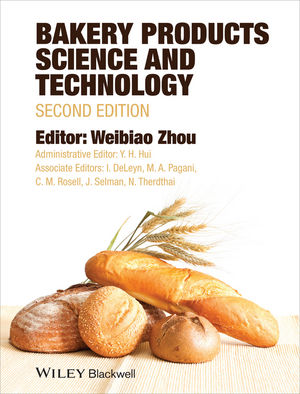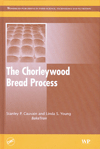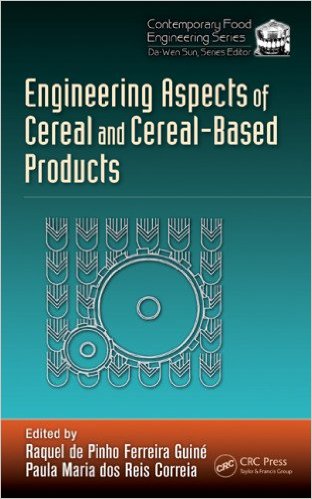How Depositing Technology Sparks Innovation
For more than 40 years, Robert Reiser & Co., Inc. has been the leading supplier of processing and packaging equipment to the bakery and food industries. Its Vemag bakery equipment has become a universal tool for depositing, portioning, dividing and filling applications.
Through its simple attachment system, a single Vemag machine can provide efficient, high-speed production of a wide variety of bakery products. Each attachment has been designed and tested by Reiser’s research and development team and on-staff bakers to ensure consistent, high-quality products. Moreover, all Vemag bakery equipment is equipped with unique double screw technology, which offers gentle product handling and weight accuracy during even the highest volume productions.
With the International Baking Industry Exposition coming to Orlando Oct. 7-10, we asked Peter Mellon, Reiser’s president, to share his thoughts on the future of depositing technology. For more information about Reiser, visit www.Reiser.com. Visit www.IBIE2007.com for information on Baking Expo.
Snack Food & Wholesale Bakery: What global consumer and new product trends are impacting the baking industry? How have they sparked advances in depositing technology?
Peter Mellon: Expanding successful product lines with new twists. This is requiring machinery manufacturers to increase the versatility of their machinery. There is a need to maintain some of the original characteristics of the original product but add features that differentiate and expand markets. For instance, take the emergence of breakfast versions of Mexican style foods such as burritos and taquitos. Or breakfast versions of pocket sandwiches, as well as dessert versions.
SF&WB: How are your systems helping bakers produce innovative products in the marketplace?
Mellon: Vemag lines are built in a modular fashion. Their double-screw system is combined with a variety of stock and custom machine attachments to handle a variety of applications. For instance, the same machine that divides tortilla portions accurately can precisely form and place an exact weight filling deposit to form a taquito.
SF&WB: What advances in technology will bakers be expecting to see at the Baking Expo later this year?
Mellon: We think there will be an emphasis on weight control, low maintenance and sanitation.
SF&WB: What are the major issues facing baking companies? What solutions are you providing them to solve these challenges?
Mellon: Food safety and squeezed margins. The idea that baking at higher temperatures negates the need for highly sanitary dividing equipment has passed. More rugged stainless steel and [Food and Drug Administration-approved plastic construction has always been a Reiser/Vemag staple. It is now been recognized for the competitive advantages it provides.
SF&WB: What is the most unusual request that you have gotten from a customer? What was the most difficult challenge to solve?
Mellon: Automate the depositing of peanut butter and jelly sandwiches. It’s much trickier than it seems on the surface because peanut butter needs to be on both slices of bread to avoid jelly absorbing into the bread. The most difficult challenges generally lie in introducing new technology into existing processes. Hence Reiser and Vemag have had to significantly increase our engineering resources and strengthen our partner relationships.
SF&WB: How will depositing technology evolve going forward?
Mellon: The big opportunity will come with speed and versatility. If the same machine can run multiple products at higher speed than the “standard” pieces of equipment of today, then customers will pay for the value.






